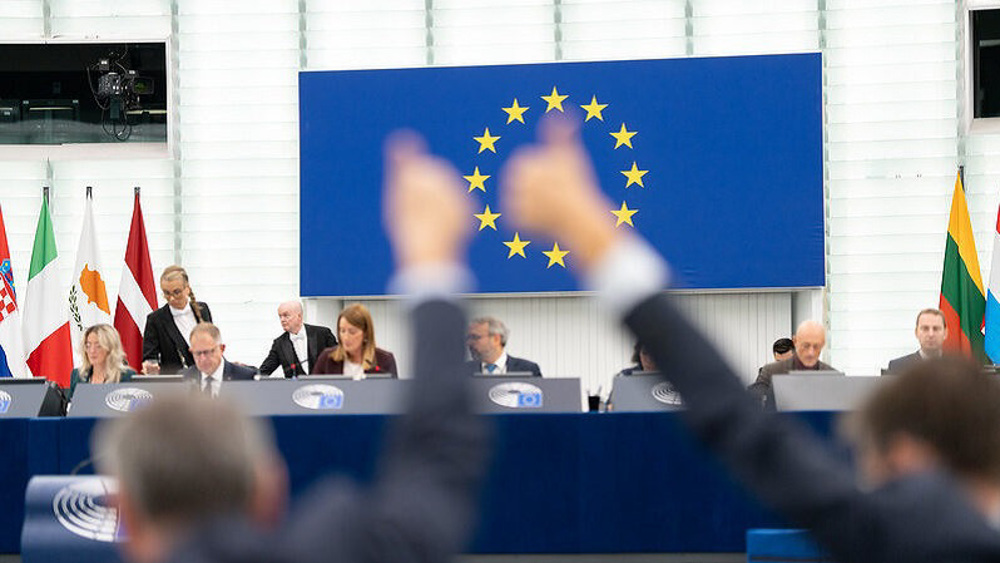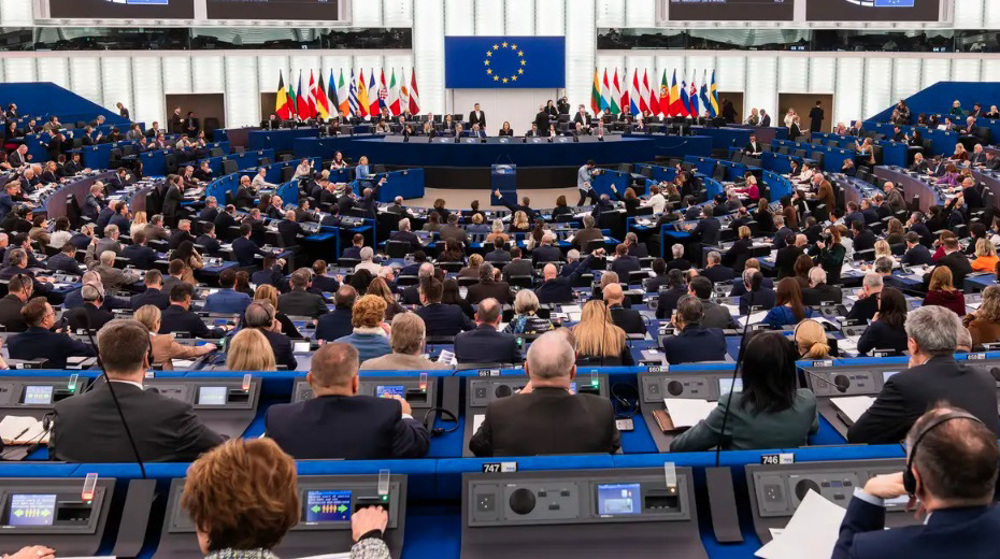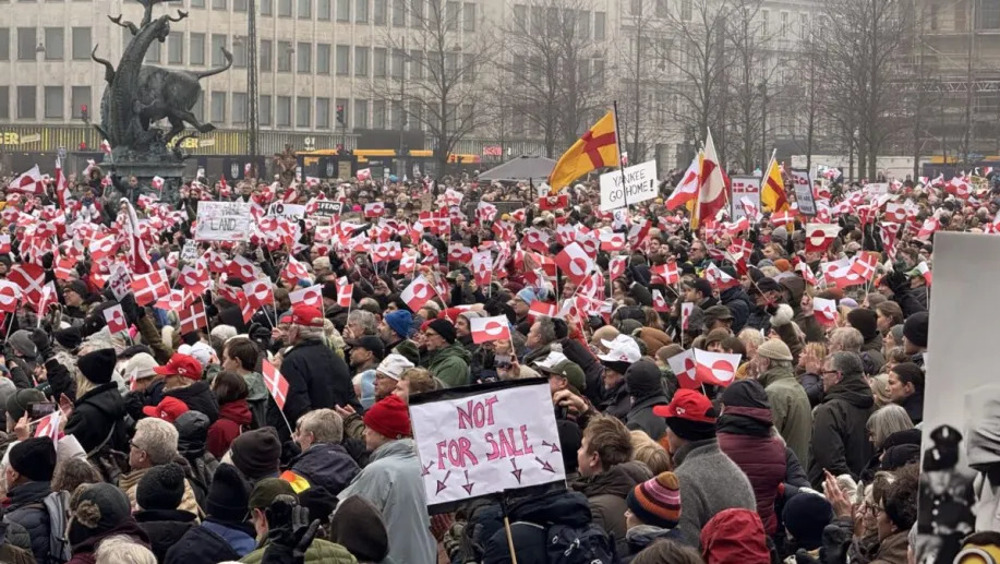Spaniards casting ballots in general elections
People in Spain have begun casting their votes in landmark general elections, which are expected to be one of the most closely-fought races in modern history.
Polling stations opened at 09:00 a.m. local time (0800 GMT) on Sunday and will close at 8:00 p.m. local time (1900 GMT), with some 36.5 million people eligible to vote.
Latest opinion polls predict that the ruling conservative People’s Party (PP) of Prime Minister Mariano Rajoy will win the vote, but fall short of an absolute majority. The Socialist Party (PSOE) is also expected to come second.
In addition, the anti-austerity party Podemos and the liberal Ciudadanos are competing for the third place which would make them kingmakers in post-election talks.
The outcome of Sunday’s elections is the most uncertain in the 40 years since the end of dictatorship under General Francisco Franco in the southwestern European country, as one in four voters are still undecided, according to opinion polls.
Analysts at UniCredit, a leading banking Group in Europe, described the poll as “historic,” saying, “The fact that a tectonic shift is about to shake up the Spanish political system is testified by the expected 80 percent turnout... compared to 69 percent in the 2011 election.”
Ana Salazar, the head of research and strategy at consultants Red Lines, also said the shake-up in Spanish politics started when the new parties of Podemos and Ciudadanos emerged, adding, “Now we have... the old versus the new.”
Rajoy, whose administration adopted austerity measures and job reforms, has positioned himself as someone who has managed to save Spain from a financial crisis and place the country back on track of economic growth.

However, PSOE leader, Pedro Sanchez, has vowed to reinstate the rights of workers and refugees.
Spanish politics have been dominated by issues such as unemployment, corruption, inequality and an independence drive by the prosperous northeastern region of Catalonia.
After years of on-off recession, the Spanish government says it expects the economy to register a growth of 3.3 percent this year. However, unemployment still remains high at more than 21 percent in the European state.
Iran’s political legitimacy comes from ballots and popular will, not foreign powers
VIDEO | Press TV's news headlines
VIDEO | The reckless US
Qalibaf: Recent unrest a 'complementary link' in 12-day war against Iran
Ex-Israeli war minister: Iranian missiles inflicted heavy losses
Trump launches 'Board of Peace' seen as bid to control Gaza
Senior general vows swift response to any aggression on Iran
US federal immigration agents detain 5-year-old boy in Minnesota















 This makes it easy to access the Press TV website
This makes it easy to access the Press TV website